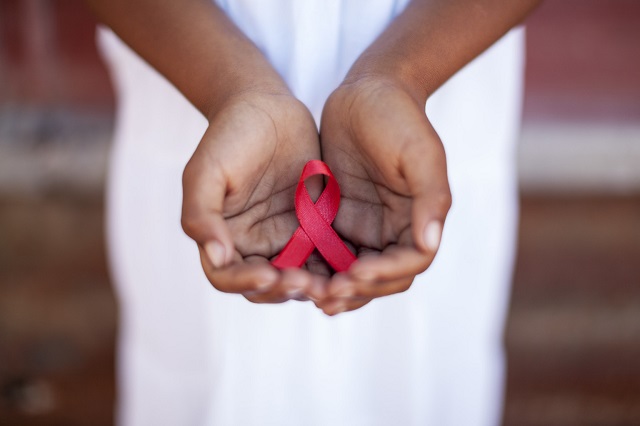
Kampala, Uganda | THE INDEPENDENT | HIV activists have made an outcry about shortages of an expensive HIV drug, raltegravir, which is recommended for decreasing the amount of HIV in the blood.
Raltegravir is used by people living with HIV that are on third-line treatment. It is administered as a tablet, chewable tablet, and as granules for oral suspension, prescribed for decreasing chances of developing Acquired Immunodeficiency Syndrome (AIDS) and HIV-related illnesses such as serious infections or cancer.
However, the drug has not been available in the selected centres for up to a month according to Moses Nsubuga, a renowned HIV activist. Nsubuga who is also on third-line treatment says for fear of interrupting their treatment outcomes, some of them have had to part with as much as 700,000 Shillings to buy the medicine from private pharmacies.
He says because of being consistently on treatment, he has been able to become undetectable and has not transmitted infection to his wife he has lived with for the last 16 years. This phenomenon is now being promoted as U=U, where activists are pushing it to mean Undetectable = Untransmittable.
About a thousand people are on third-line treatment which they start using after developing resistance to the common first-line drugs and the second-line medicines. Raltegravir is taken in combination with other antiretroviral drugs.
While the rest can be accessed for free in hospitals and clinics around the country, third-line treatments are offered at selected centres including at TASO and Makerere University John-Hopkins University (MUJHU) Research collaboration in Mulago Hospital complex in addition to the Joint Clinical Research Center (JCRC) along Entebbe road.
When contacted, the facilities couldn’t offer information about their stocks but Nsubuga worries that many of his colleagues who can’t afford to buy the medicine are not taking their daily medicine.
Dr Stephen Watiti who has cared for people living with HIV at Mildmay Uganda, says because about 0.1 percent of the 1.4 million Ugandans living with HIV are on the third line, their treatments are not prioritized and are often expensive for the government to procure. He says the shortage could be a result of the fact that there’s little demand and production is made in smaller quantities.
He urges people on treatment to swallow their medicines as recommended in order not to progress to the often unaffordable third-line treatment.
*****
URN
 The Independent Uganda: You get the Truth we Pay the Price
The Independent Uganda: You get the Truth we Pay the Price




It is very good information about some myths regarding the curing of HIV infection. It was somewhat useful for many including me. It is a must-read blog to explore the new info about HIV infection curable medicines. Keep it posting these kinds of informative blogs in the future!